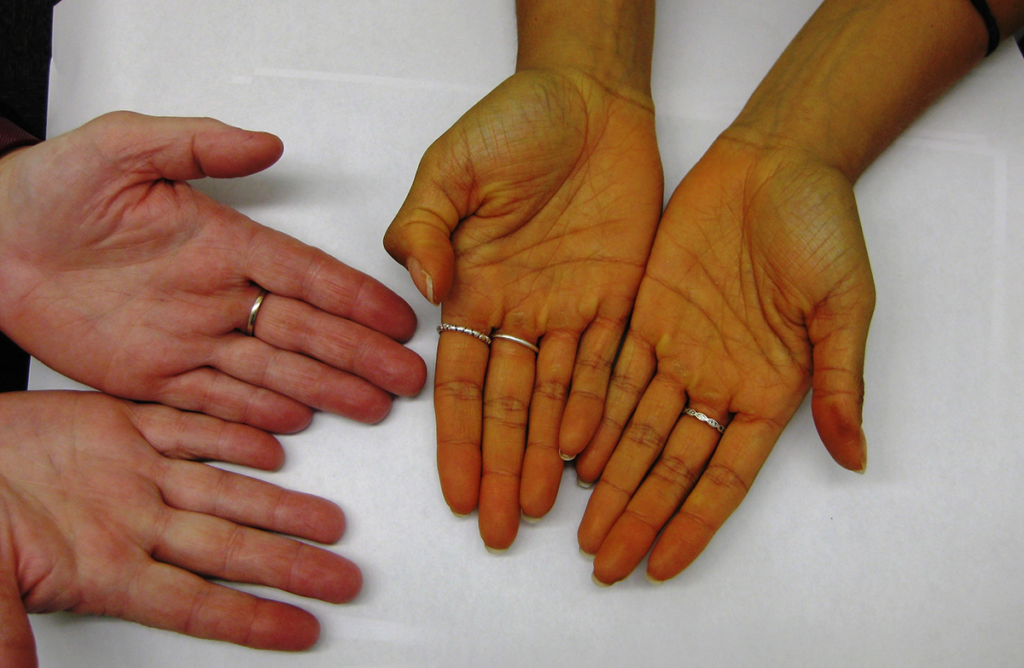Can Hand Sanitizer Make Your Skin Peel
If you need to clean your hands but don’t have access to soap and water, you can use hand sanitizer. Designed to eliminate bacteria and germs on your hands, it normally has an alcohol concentration of 60%-95%.
The simple application of hand sanitizer has the potential to significantly lessen the spread of disease. Apply a tiny quantity of hand sanitizer to the palm of your hand and rub your hands together until the sanitizer is totally dry, making sure to cover all surfaces of your hands and fingers.
Though convenient, hand sanitizer shouldn’t replace a good soap and water washing, especially if your hands are obviously grimy or soiled. Regular hand moisturizing is also recommended because using hand sanitizer too often can dry out the skin and cause irritation.
Read more on: Can Hand Sanitizer Make Your Skin Peel

Can Hand Sanitizer Make Your Skin Peel
Hand sanitizers, especially those with a high alcohol concentration, can dry up and irritate the skin if used frequently or for an extended period of time. Alcohol is a drying agent, thus it can strip the skin of its natural oils, leading to dryness, cracking, and irritation.
Certain hand sanitizers may have unpleasant components in addition to the disinfection agents, such as scents or preservatives. These compounds may aggravate existing skin irritation or possibly cause allergic reactions in certain people.
While shopping for a hand sanitizer, it’s important to find one that won’t irritate your skin, so use caution when applying it. Choose a hand sanitizer with moisturizing components like aloe vera or glycerin if you’re worried about your hands drying out.
If your skin becomes dry or sensitive after using hand sanitizer, you may want to apply a hand moisturizer or lotion. Use less hand sanitizer and wash your hands with soap and water to reduce the amount of alcohol your body is exposed to.
Does Hand Sanitizer Damage Skin
If your hand sanitizer has a high alcohol content, using it too often and for too long will dry out your skin and irritate your pores. Drying agents like alcohol can be harmful to the skin because they remove the protective oils produced by the body.
Furthermore, certain hand sanitizers may include skin-irritating chemicals like scents or preservatives. Some people may also experience allergic reactions or skin irritation from these components.
It’s best to use hand sanitizer sparingly and pick a solution that’s made for sensitive skin to reduce the risk of skin irritation. You can keep your hands from drying out by using a hand sanitizer that also moisturizes, like one containing aloe vera or glycerin.
If you find that using hand sanitizer dries out or irritates your skin, try applying a moisturizer or hand lotion afterward. Another way to lessen your body’s exposure to alcohol-based products is to wash your hands with soap and water after a while instead of using hand sanitizer.
Can You Be Allergic To Hand Sanitizer
An allergy to hand sanitizer is a real possibility. Several people have sensitivities to the components in hand sanitizers like the alcohol, perfumes, and preservatives.
Contact dermatitis is the most typical reaction to hand sanitizer and manifests itself with redness, itching, and swelling of the skin. Skin reactions like hives, blisters, and rashes have been reported. Rarely, however, anaphylaxis and other life-threatening allergic reactions can occur.
Stop using hand sanitizer and see a doctor or allergist for a correct diagnosis and treatment if you think you might be allergic. They may advise you to switch to a different product that does not contain the allergen.

Hands Turning Yellow From Hand Sanitizer
If the hand sanitizer you use has a high concentration of alcohol or other substances, using it frequently may cause the skin on your hands to turn yellow. In most cases, the yellowing of the skin caused by hand sanitizer is just transient and goes away after you stop using it.
The skin appears yellow because a chemical reaction takes place between the oils on your skin and the substances in the hand sanitizer. Dry or sensitive skin, frequent or prolonged use of hand sanitizer, and extreme temperatures can all increase the risk of this.
Use caution and select a product that is mild and non-irritating to the skin to avoid the yellowing of the skin caused by hand sanitizer. If you’re concerned about dryness or irritation after using hand sanitizer, you can also consider applying a moisturizing lotion or cream. See a doctor or dermatologist for additional assessment and treatment if the yellowing continues or if you suffer any other symptoms related to your skin.